A report released by the National Coalition of Anti-Violence Projects just two days after the Pulse shooting shows just how regular these acts of violence against LGBT people can be and how profound the Orlando tragedy is by comparison.
"In one day we have lost twice as many people to hate violence than NCAVP responded to in all of 2015, and it's heartbreaking to know that this event will not be the last homicide that we respond to this year," Emily Waters, NCAVP research and education coordinator at the New York City Anti-Violence Project, tells The Advocate.
The 2015 Report on Lesbian, Gay, Bisexual, Queer & HIV-affected Hate Violence is a compilation of statistics from agencies representing 13 local NCAVP member organizations in 11 states. Last year, we lost 24 people to anti-LGBT homicide, according to their numbers -- just under half the number we lost this week in Orlando. It's important to note, however, even though the scale of Orlando may be unique for anti-LGBT violence, these acts occur every day.
Consistent with previous years, people of color experienced the most violence, as well as trans women. Black transgender women were most likely to be at the receiving end of physical violence again this year. Politicians need to pay attention to these victims, even if their deaths don't make national headlines, Waters says.
"We have to look at this tragedy in the greater social political context and call out the anti-LGBTQ, anti-transgender, and anti-immigrant legislation that is sweeping the nation, and the really violent language that's being used to promote this legislation," she says.
According to the 2015 report, nearly two-thirds of LGBT victims were people of color, and just over two-thirds of victims were trangender. People of color were two times more likely to experience physical violence, and four times as likely if they were undocumented -- an increase over previous years. Analysis from the report indicates that identity is very important and has an effect on the experiences of hate violence. Intersections of race, age, and gender identity increase one's vulnerability to violent or hateful acts.
Strangers aren't the only people assaulting and killing LGBT people; 62 percent of reported incidents involved a person familiar to the victim, whether intimate partner, friend or family member, or other acquaintance, such as landlord or employer.
Violent interactions with police decreased from last year by more than 10 percent, but nearly 40 percent of those who responded to the survey reported hostile interactions with law enforcement. That's an important consideration as more queer communities see an increased police presence in their communities as a result of the Orlando attack.
In total, 1,253 acts of hate and violence were perpetrated against LGBT people and reported to NCAVP member organizations last year. Orlando was profoundly tragic, but it did not exist in a vacuum, and focusing on one gunman isn't the answer.
"If we want to end hate violence, not just LGBTQ hate violence, we need to talk about how discrimination and violence is enacted in our environments that we exist in every day and how all of us are capable of holding biases based on sexual orientation, gender identity, race, religion, and more, and acting on them," Waters says. "If we want to end hate violence, this is the conversation that we need to be having."

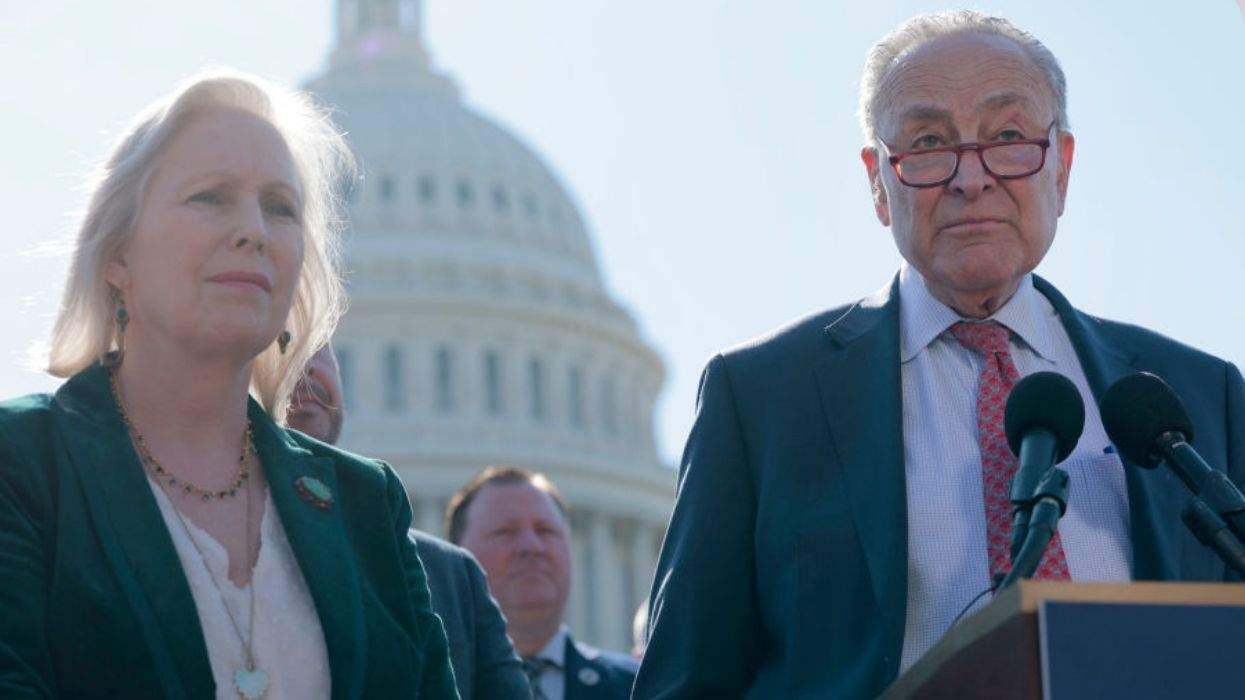

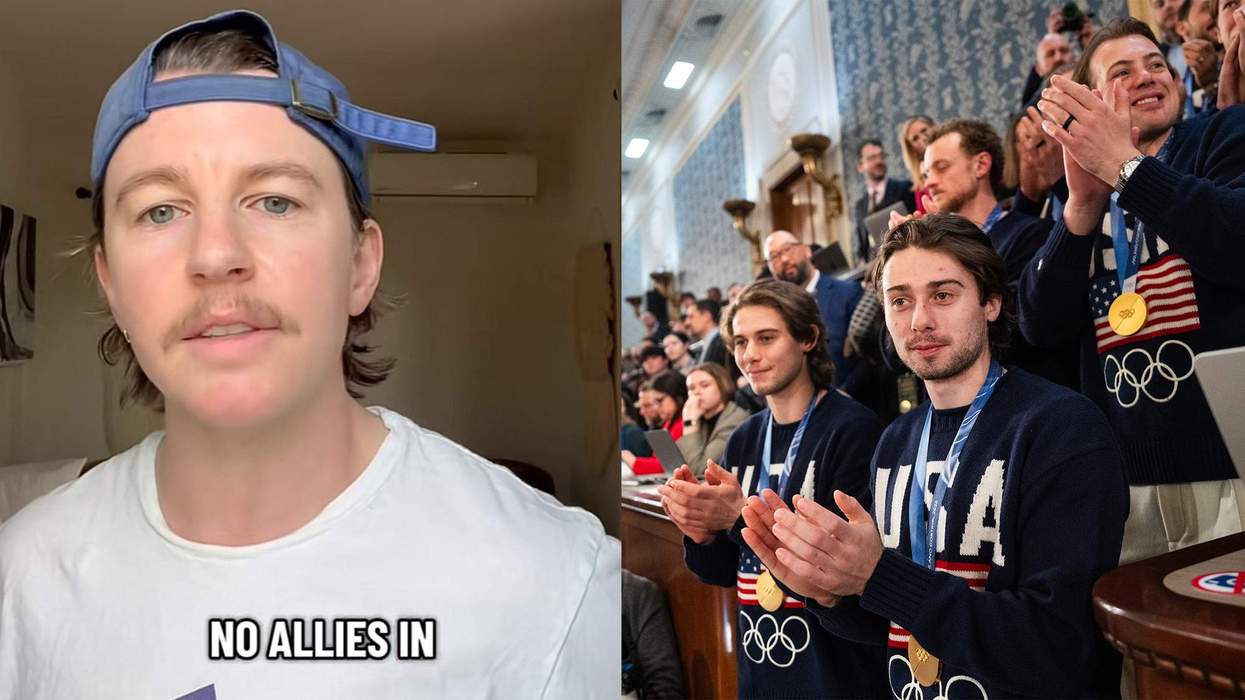
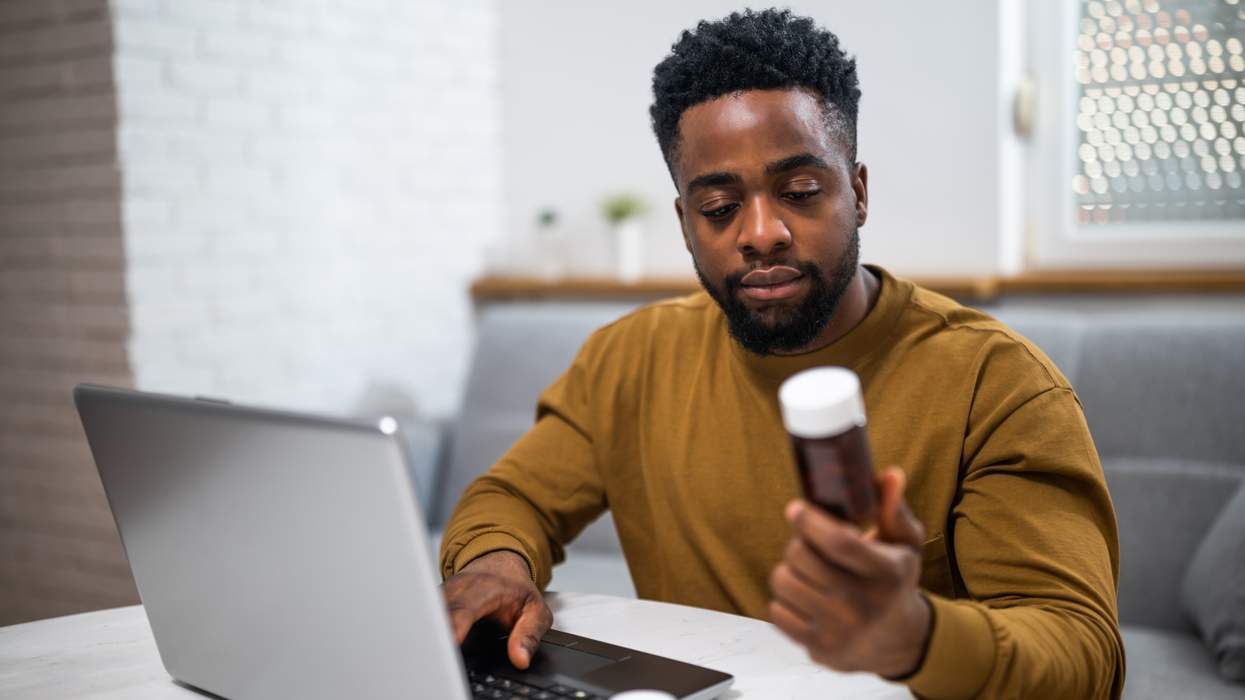







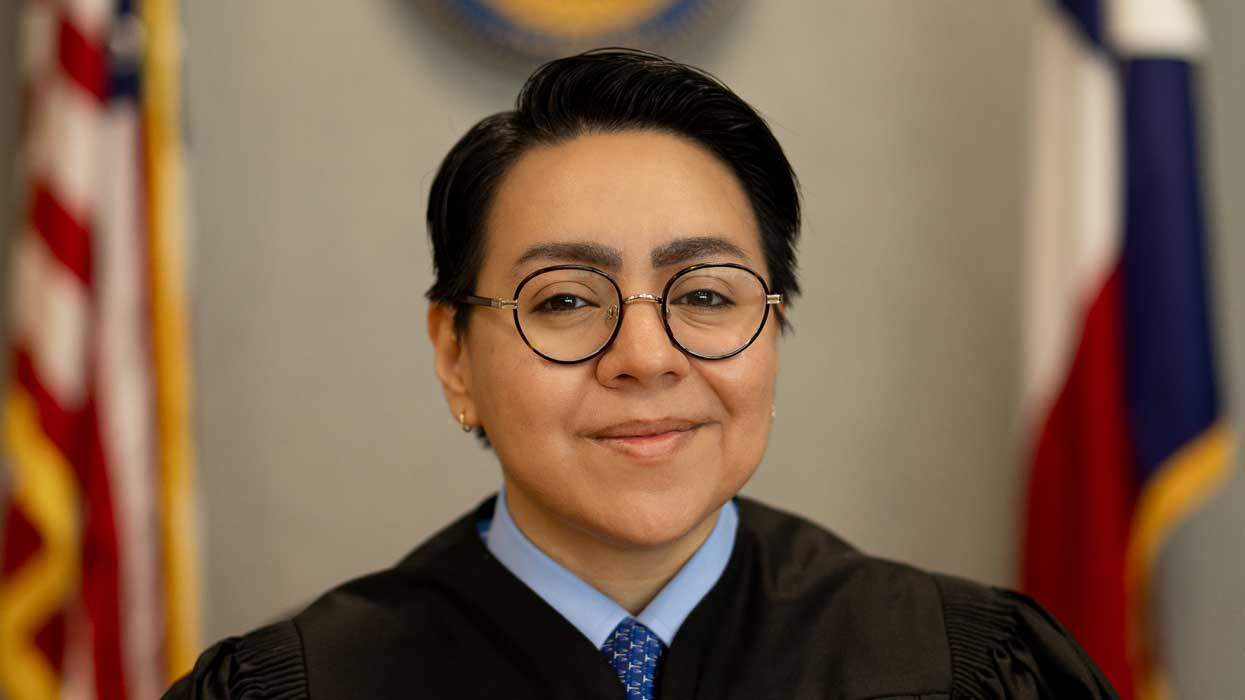
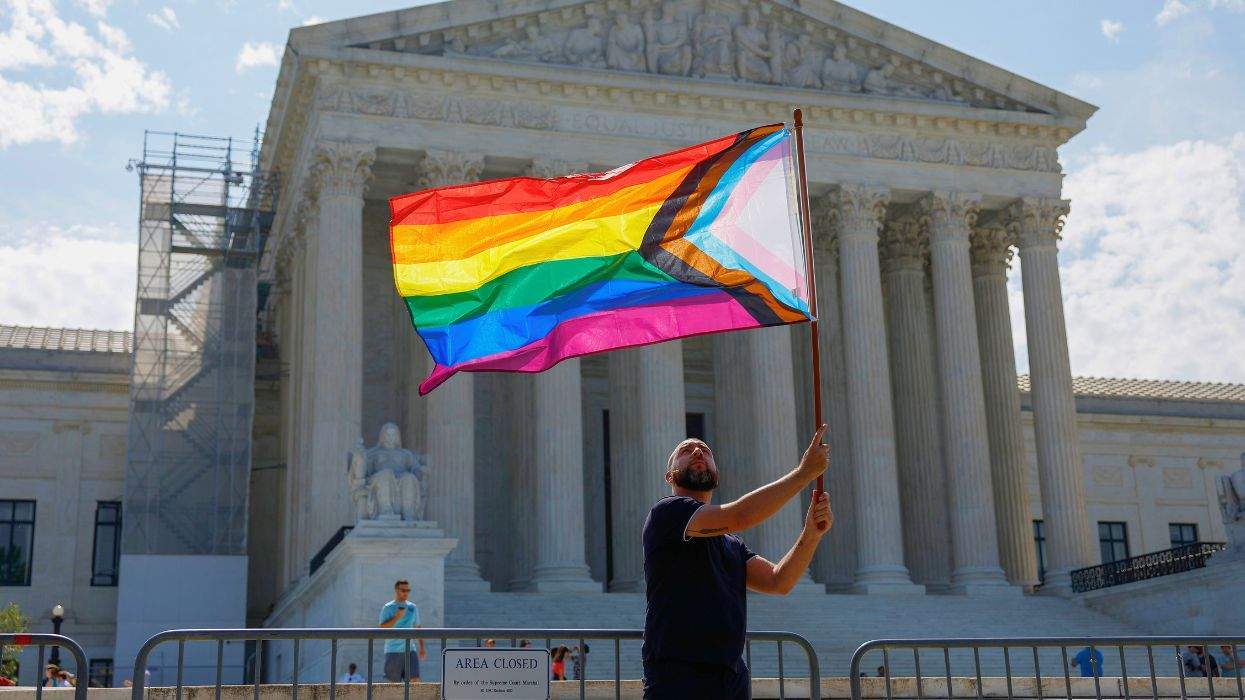
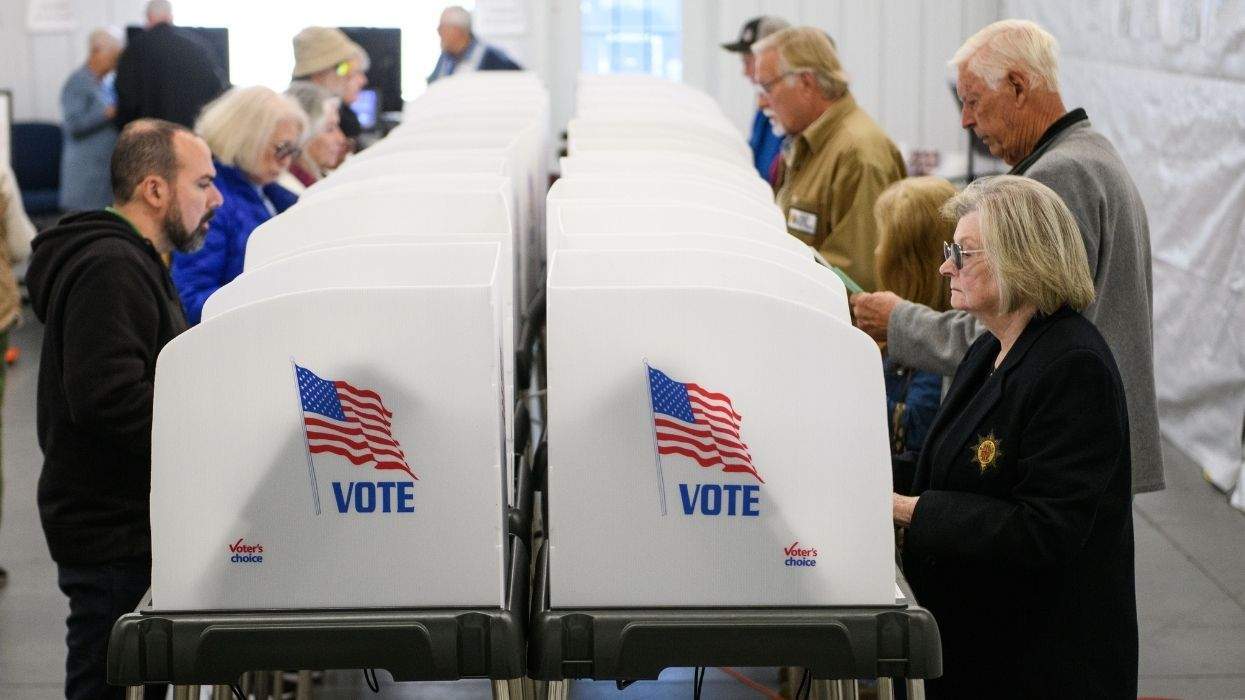
Charlie Kirk DID say stoning gay people was the 'perfect law' — and these other heinous quotes
These are some of his worst comments about LGBTQ+ people made by Charlie Kirk.